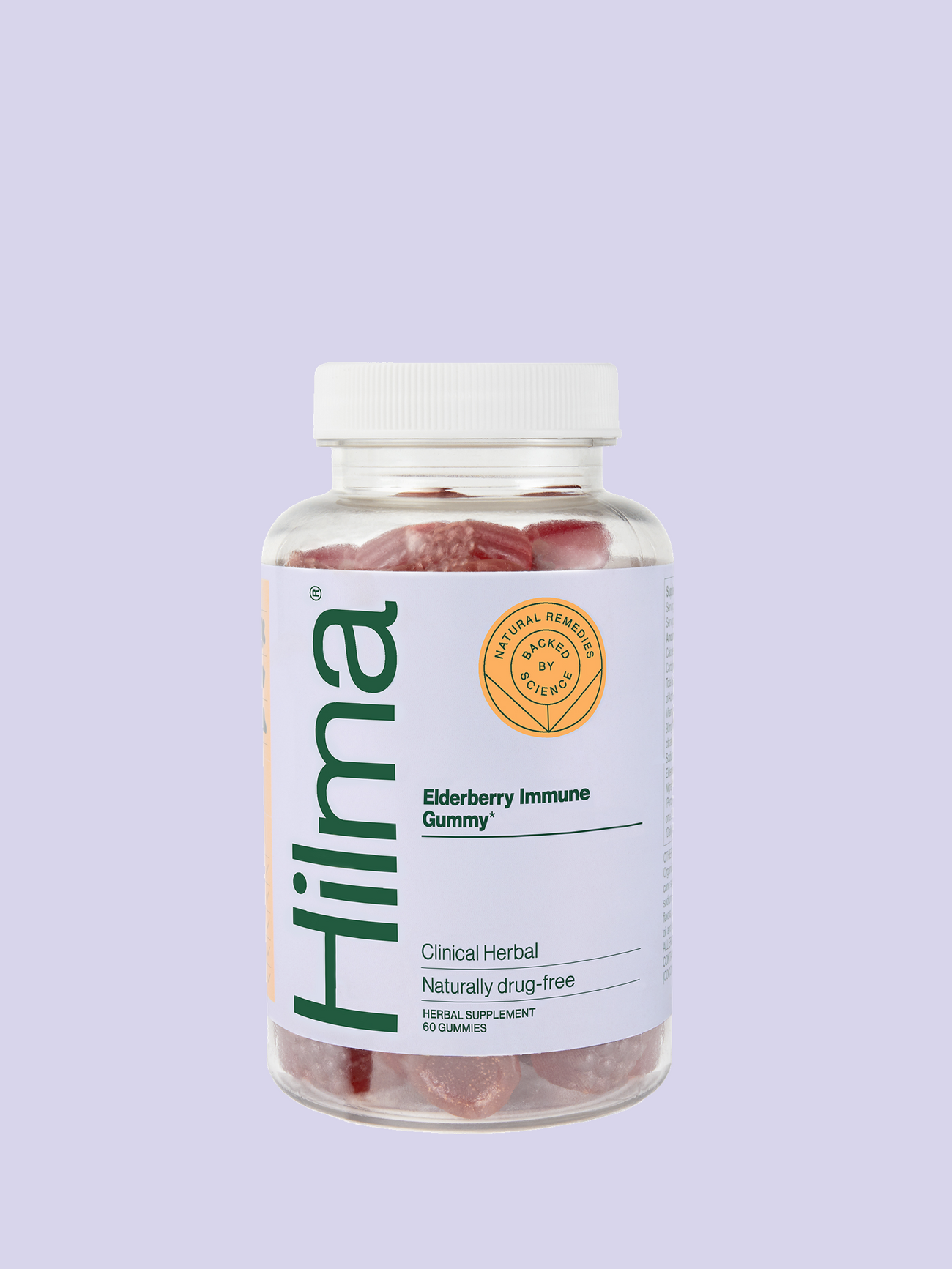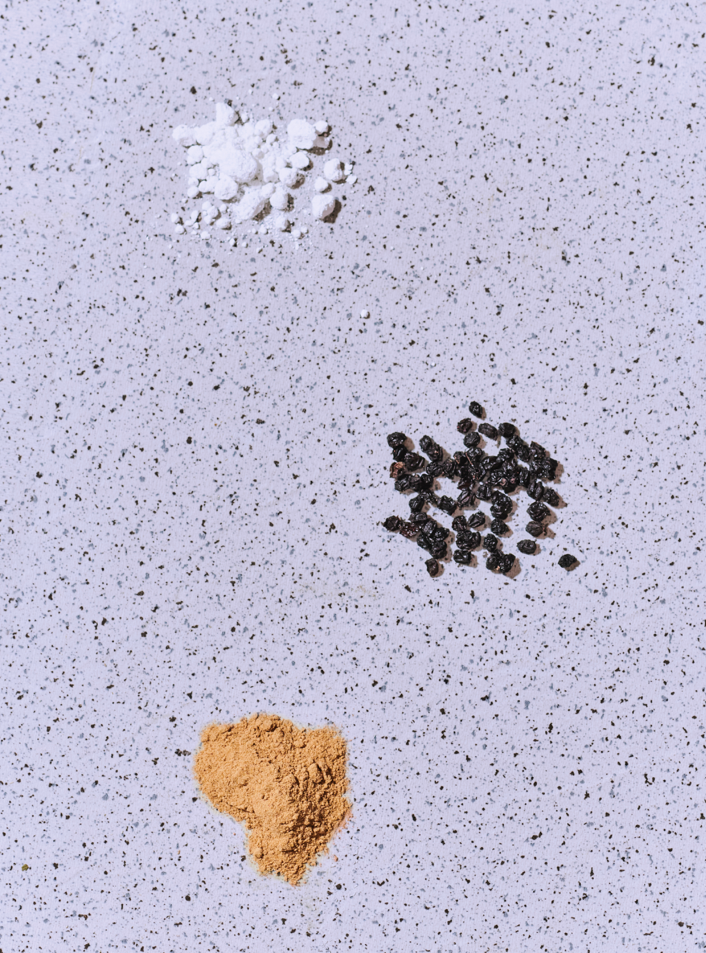
Stress is often thought of as emotional rather than physical. Yet the effects of mental and environmental stressors can lead to physical manifestations over time. We spoke with one of our scientific advisors, neuroscientist Dr. Claudia Aguirre, to give us the rundown.
The Scientific Foundation
When you’re stressed, do you find yourself sweating more, breaking out more frequently, or experiencing digestive issues? That’s not a coincidence!
Stress results in a wide variety of changes in the body and mind. “While a little stress can be beneficial, a lot of stress is quite damaging,” explains Dr. Aguirre. “It can be the difference between butterflies in your stomach, and an upset stomach. Or flushed skin and hives.” The fight-or-flight mode puts us in an advantageous, survivalist state where we can pump more oxygen to our lungs and blood to our muscles to escape the threat of danger. But when stress hormones are regularly released into the brain and body, they overload the system and can cause damage.
Even the way someone responds to stress is individualized. If someone has had more challenging life experiences or trauma, they might have an immediate, exaggerated response to otherwise mildly stressful situations. This can cause the body to overreact.
How does stress affect my immune system?
The immune system, our body’s protective system, directly responds to stress as it senses the body is in danger.
When asked how acute stress and chronic stress affects the body’s immune response, Dr. Aguirre says, “In simple terms, acute stress enhances it while chronic stress suppresses it.”
During acute stress, which might last only a couple of minutes, blood levels and pro-inflammatory cytokines increase. The immune system quickly corrals certain kinds of cells into the bloodstream to help prepare the body to fight off potential injury or infection.
Chronic stress, which can last from days to years, also increases pro-inflammatory cytokines, but with more significant health consequences. In general, inflammation is your body’s protective response to help start the healing process and get rid of foreign invaders. However, over time, too much inflammation can compromise the entire immune system, “making us less resilient to fight off infection from viruses and bacteria, and making it easier to succumb to chronic or latent disease,” Dr. Aguirre highlights.
How can I manage my stress?
Because stress exists in a “continuum state, rather than a ‘yes-no’ state” as Dr. Aguirre refers to it, one can always repair, rebalance, and restore the immune system from the negative effects of stress.
Dr. Aguirre suggests breathing as the ultimate starting point for stress management. “Diaphragmatic breathing is simple to do anywhere, it’s free, and it quickly regulates your stress response by lowering your heart rate.” The key? Slowing down to calm down.
Other breathing methods like yogic, deep belly breaths, meditating, a warm bath, or just disconnecting from tech to go for a short walk in nature (of any kind) can help clear the mind, reset the body, and lower cortisol levels.
Bonus: If you can access a super green space like a park, you can benefit from the natural phytoncides that trees release, which help support the body’s natural immune response with antifungal and antibacterial properties.
How can I support my immune system after stress?
Along with managing your stress, taking supplements such as Hilma's Immune Support or Daily Elderberry Immune Gummy can help strengthen and support your immune system.
Footnotes
- National Center for Biotechnology Information
- Harvard Health Publishing | Harvard Medical School
- Mayo Clinic
This information is for educational purposes only and should not be taken as medical advice. Please consult a physician before treating any disorder.



